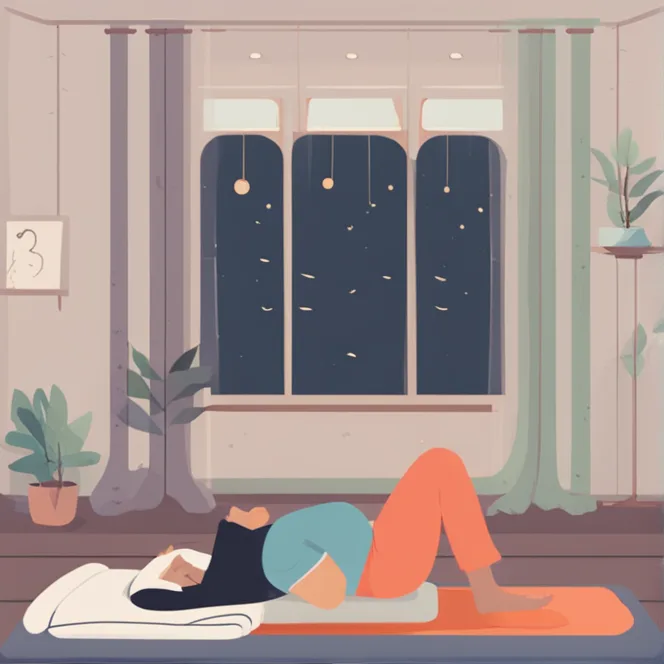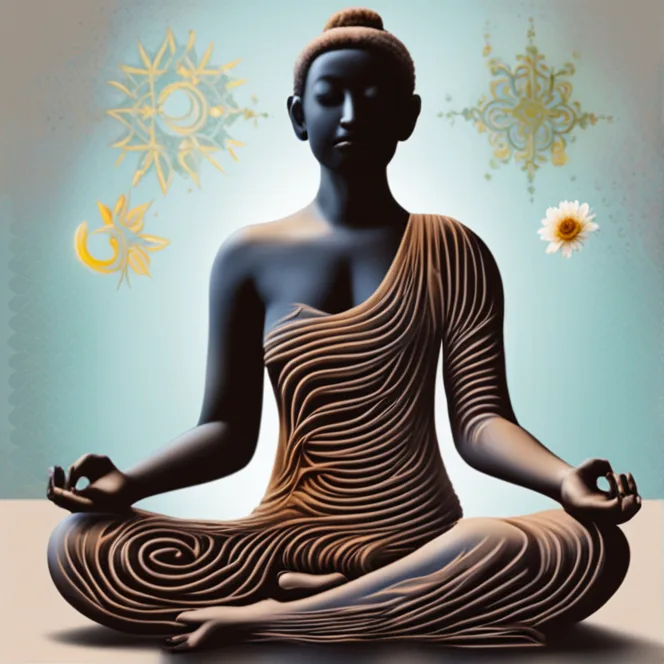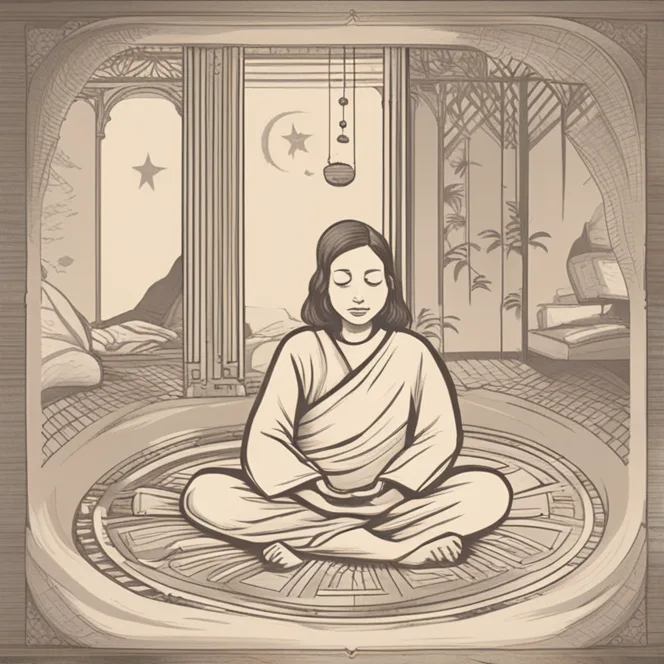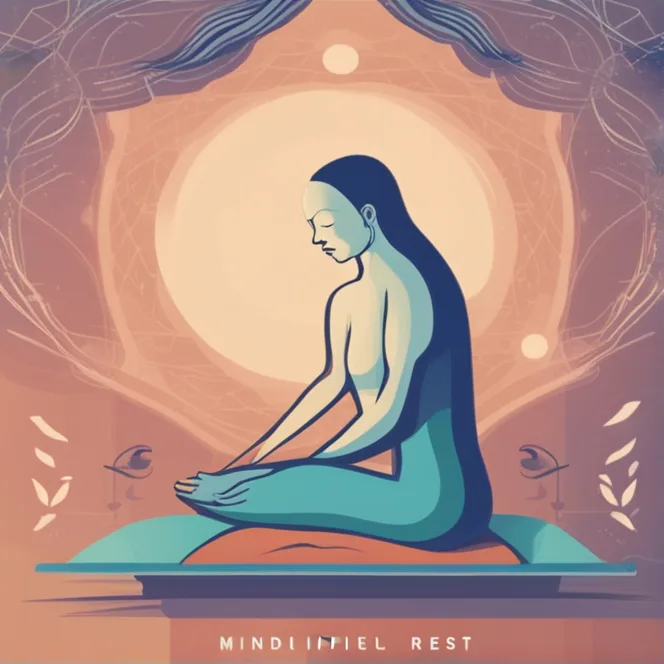
Mindful Rest: Meditation For Better Sleep
Discover how integrating meditation into your evening routine can enhance sleep quality and overall well-being.
article by Hina Kurosawa
The Intersection of Sleep and Meditation
Meditation and sleep are both critical for ensuring a balanced, healthy life. While they may seem unrelated at first glance, each nourishing practice offers restorative benefits that intertwine in supportive ways. When meditation is applied strategically in the context of sleep hygiene, the effects can be especially profound. Both sleep and meditation give your body a chance to rest and rejuvenate, but in distinctly complementary ways. Meditation's focus on mindfulness and the present moment can set the stage for a deeper and more restful sleep by calming the mind and preparing it for the transition to rest.

Understanding Meditation's Impact
Meditation is a multifaceted tool that can influence both physical relaxation and mental clarity. By reducing stress and anxiety, meditation aids in creating a tranquil environment conducive to sleep. Studies show that a consistent meditation practice can help decrease the time it takes to fall asleep and can enhance the quality of that sleep. As the mind detaches from the day's worries and stressors, the sympathetic nervous system—which governs our fight-or-flight response—gets to take a well-deserved break, and the parasympathetic nervous system, which promotes rest, steps into the limelight.

A Harmony of Mind and Body
Meditation serves as a bridge that connects the mind and body, creating harmony that's beneficial come bedtime. Through various techniques, such as body scan or guided visualization, meditation invites you to become more attuned to the sensations within your body. Recognizing areas of tension and consciously relaxing them can not only alleviate discomfort but can also signal to your brain that it's time to wind down. The practice also teaches you to observe your thoughts without letting them escalate, favoring a state of stillness over a racing mind as you prepare for sleep.

Meditative Techniques for Better Sleep
Several meditative techniques are particularly potent in paving the way for optimal sleep. Mindfulness meditation encourages nonjudgmental present-moment awareness, while focused breathing practices like pranayama can slow down the heart rate and bolster feelings of calm. Techniques such as progressive muscle relaxation methodically loosen the grip of physical stress, allowing the body to ease into a state primed for sleep. Including any of these practices into a nightly bedtime ritual can significantly enhance one's ability to not only fall asleep but also thrive during waking hours.

Setting the Stage for Success
To reap the most benefits from meditation, it is important to create an environment and routine that supports this practice. Dimming lights, reducing noise, and disconnecting from electronic devices signal to your body that it's time to unwind. Also, setting a schedule to meditate each evening can reinforce the habit and strengthen its impact. A consistent environment and time encourage the body and mind to embrace meditation as a precursor to rest, gradually enhancing the overall quality of sleep.
Measuring the Outcomes
While meditation can indeed be a powerful ally in the quest for better sleep, the results can vary from person to person. Some may find immediate improvements, while for others it might take longer to notice changes. Cultivating patience is key—as with any practice, the benefits of meditation can be incremental but cumulatively significant over time. Be mindful also of personal limits; meditation is a self-care practice, and forcing oneself into discomfort is contradictory to its intentions. The aim is a serene journey to sleep, one that is patient and kind to oneself.
Published: 12/7/2023
Modified: 12/7/2023
More predictions
Come back here soon to learn more about yourself and your future


The Gifts Of Meditation
Explore the transformative lessons meditation offers for personal growth and well-being.


Yoga vs Meditation: Understanding The Difference
Explore the distinctive qualities of yoga and meditation in this insightful article that delves into the purpose, practice, and benefits of each.


The Art Of Relaxation Through Meditation
Unveil the serene world of meditation and discover how it stands as a profound relaxation technique for mind and body wellness.